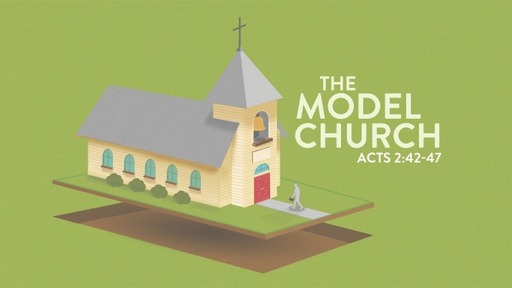What's Your Priority?

Formula
The similarity extends beyond this initial comparison, though the precise wording of 5:32–33 differs from that of 6:2–3. Thus the exhortation not to turn to the right or to the left (5:32) becomes an injunction to fear the Lord, a fear that results in obedience to the decrees and commands for generations to come (6:2).
The phrase “milk and honey” is a hyperbolic way of describing the richness of the land of promise. These two commodities, the one the product of human labor, or agriculture, and the other the product of nature, represent the fullness of blessing associated with the fulfillment of God’s promises.
Attention
The affirmation of loyalty to Yahweh in this verse is traditionally called the “Shema” from this opening call to attention, which in Hebrew is shema’ yisra’el.
This is not in opposition to the later Christian doctrine of the Trinity but rather functions here as a witness to the self-consistency of the Lord, who is not ambivalent and who has a single purpose or objective for creation and history.
The confession of the Lord’s unique oneness leads to the demand that Israel recognize him as such by obedience to all that that implies. In language appropriate to covenant, that obedience is construed as love; that is, to obey is to love God with every aspect and element of one’s being.
The Shema represents the greatest commandment of Judaism and Christianity, as it represents God’s expectation that God’s people will remain wholly loyal to him.
To love God as it commands is to place oneself within the orbit of his saving grace because the Shema, the heart and core of the Old Testament law, was designed, as Paul said, to be “put in charge to lead us to Christ that we might be justified by faith” (Gal 3:24).
Forward
As noted already (4:9–10; 6:2), an important demand of the covenant relationship was that it be perpetuated beyond the immediate generation of those with whom the Lord made it, for its promises and provisions were for generations yet unborn (4:25, 40; 5:9–10, 29).
In the psychology of the Old Testament the heart is not the center of emotional life and response but the seat of the intellect or rational side of humankind. To “be upon the heart” is to be in one’s constant, conscious reflection.
